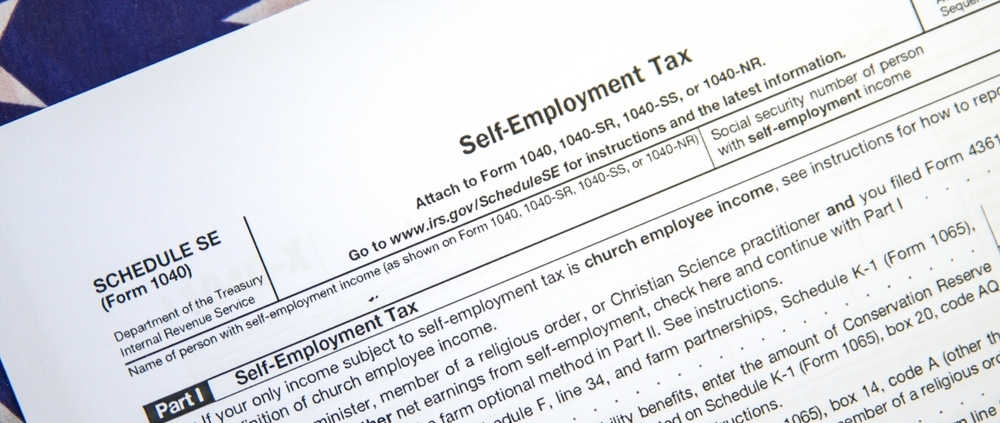Smart Tax Strategies for Self-Employed Professionals: What You Need to Know
If you’re self-employed—whether as a freelancer, consultant, or small business owner—managing your own taxes is one of the biggest challenges you’ll face. Unlike traditional employees, you don’t have an employer withholding taxes on your behalf. That means you’re responsible for tracking income, calculating what you owe, making quarterly payments, and maximizing deductions—all on your own.
But with the right strategy, you can stay compliant, reduce your tax burden, and avoid surprises at tax time.
In this article, we’ll break down key tax tips for self-employed professionals so you can take control of your finances and focus on growing your business.
Understand the Self-Employment Tax
One of the biggest surprises for many self-employed individuals is the self-employment tax. This tax covers Social Security and Medicare, which traditional employees split with their employers. As a self-employed person, you pay both portions—a total of 15.3% on your net earnings.
Here’s the breakdown:
- 12.4% for Social Security
- 2.9% for Medicare
In addition to income tax, this self-employment tax is applied to your net profit. The good news? You can deduct the employer-equivalent portion (7.65%) when calculating your adjusted gross income.
Make Quarterly Estimated Tax Payments
The IRS expects self-employed individuals to pay taxes throughout the year—not just at filing time. If you anticipate owing more than $1,000 in taxes, you’ll need to submit quarterly estimated payments.
Key deadlines:
- April 15
- June 15
- September 15
- January 15 (of the following year)
Missing these deadlines can lead to interest and penalties. Use IRS Form 1040-ES to calculate and submit your payments, or work with a tax professional to set up a customized payment plan based on your income.
Track Every Deductible Expense
One of the biggest advantages of being self-employed is that you can deduct ordinary and necessary business expenses from your taxable income. That means the more organized you are, the more you can potentially save.
Here are some common tax deductions for self-employed professionals:
- Home office (if used exclusively for business)
- Internet and phone bills (portion used for work)
- Office supplies and software
- Business-related travel and meals
- Marketing and advertising
- Professional development and certifications
- Health insurance premiums (if you’re not eligible for employer coverage)
Keep digital or physical records, and consider using apps like QuickBooks, Wave, or Expensify to streamline expense tracking.
Separate Business and Personal Finances
Blurring the line between business and personal accounts is one of the most common—and costly—mistakes freelancers make. Open a separate business checking account and, if possible, a business credit card.
This helps you:
- Track income and expenses accurately
- Simplify your bookkeeping
- Make tax prep easier (and faster)
- Avoid IRS red flags during an audit
If you operate as a sole proprietor, consider forming an LLC or S-Corp to create more legal and tax separation—especially if your income is growing.
Consider Working With a Tax Professional
Taxes for self-employed professionals can be complex, especially if your income fluctuates, you work in multiple states, or you’re trying to reduce your tax liability legally. A tax advisor can:
- Help you plan year-round
- Identify overlooked deductions
- Assist with quarterly estimates
- Prepare and file your return correctly
- Guide you on incorporation, retirement planning, and more
Think of it as an investment—not just an expense.
Final Thoughts: Stay Proactive, Not Reactive
When you’re self-employed, you are the business—and that includes being your own tax department. By staying organized, making timely payments, and taking advantage of legal deductions, you can avoid IRS trouble and keep more of what you earn.
If you’re ready to take your tax planning to the next level, now’s the time to start. Don’t wait until the deadline.
Need personalized help? Book a tax strategy session with our team and get peace of mind knowing your tax game is strong. Call 855-768-8845 or visit www.askthelawyer.us to schedule your appointment today!




Leave a Reply
Want to join the discussion?Feel free to contribute!